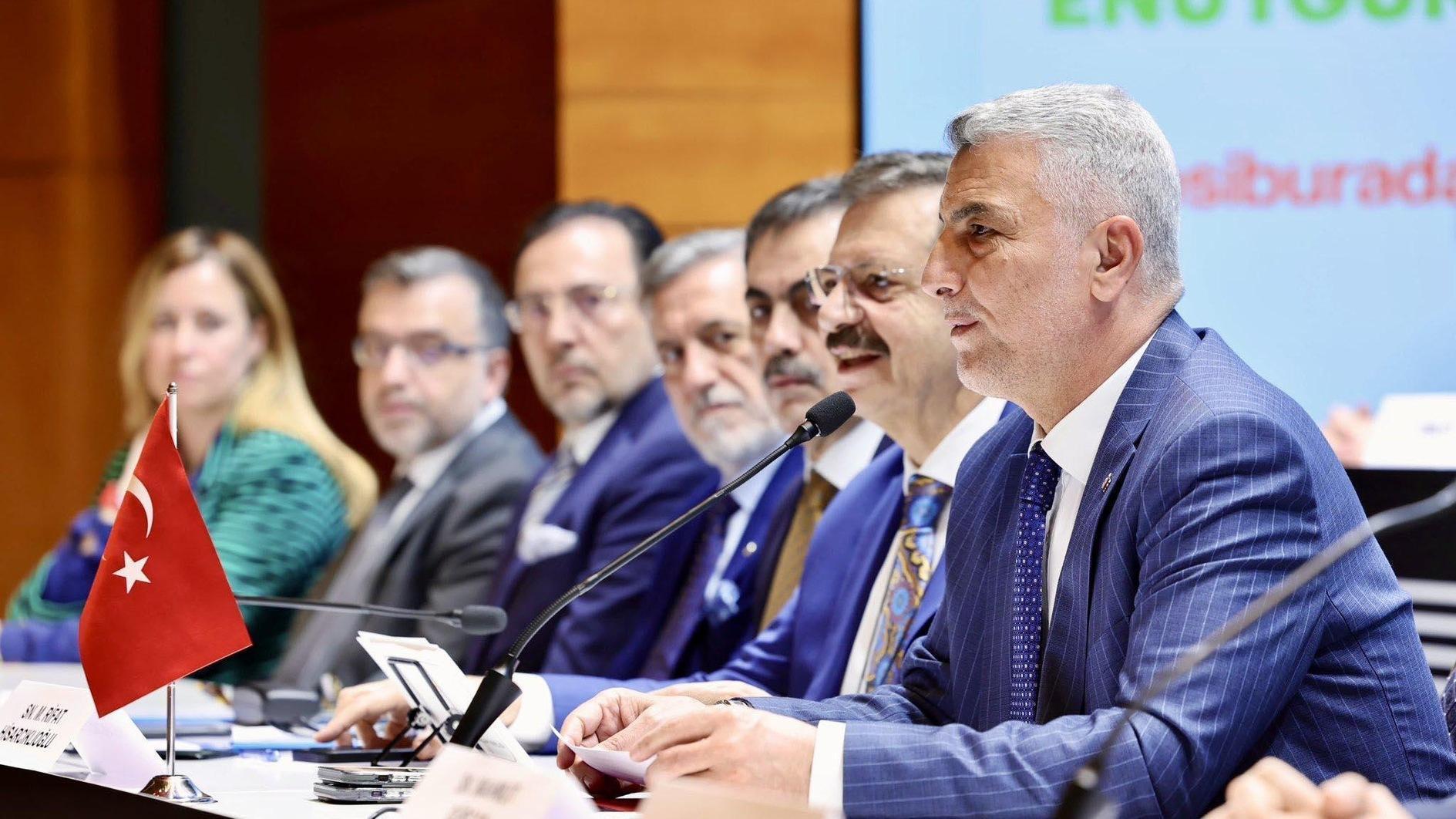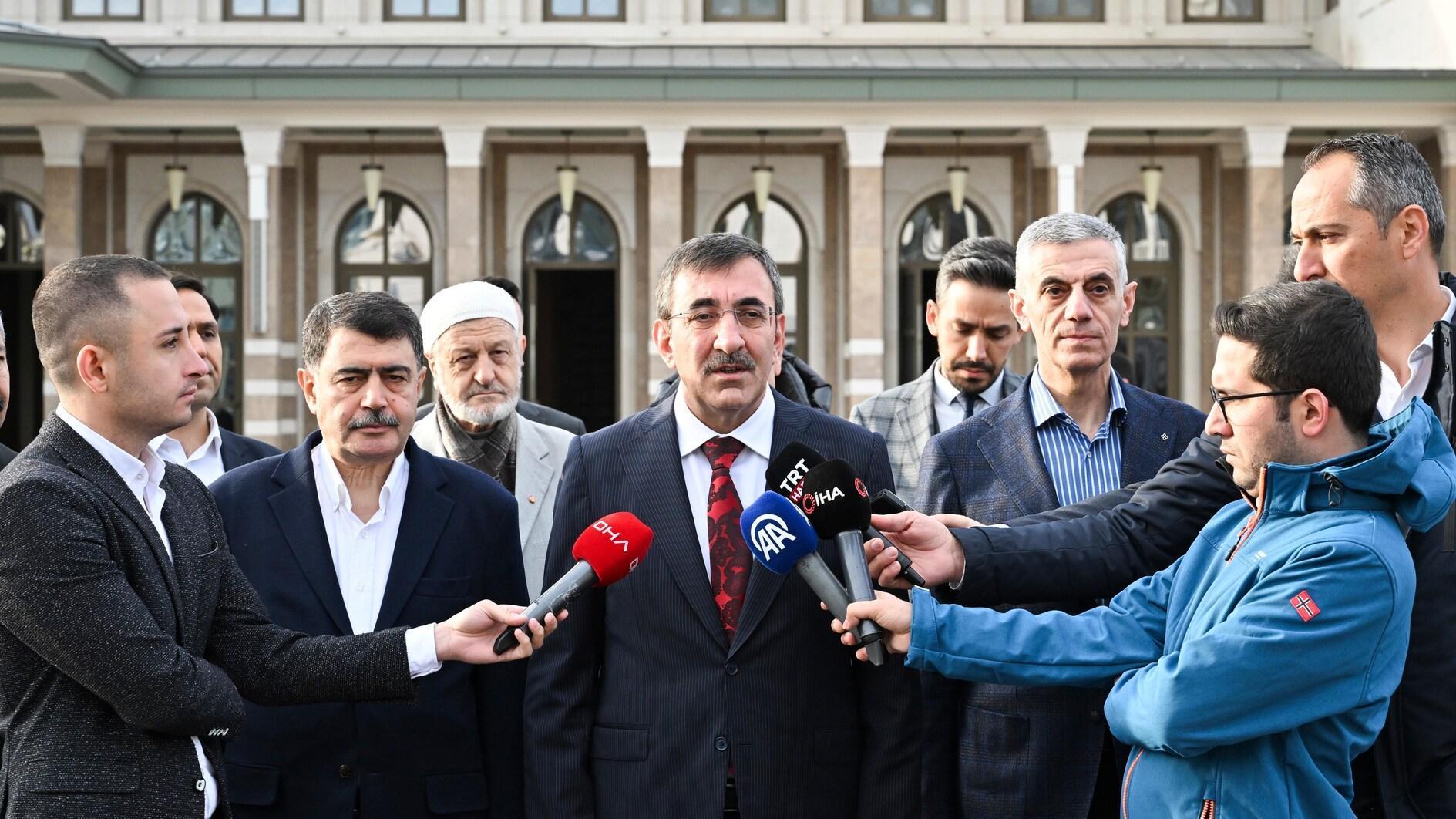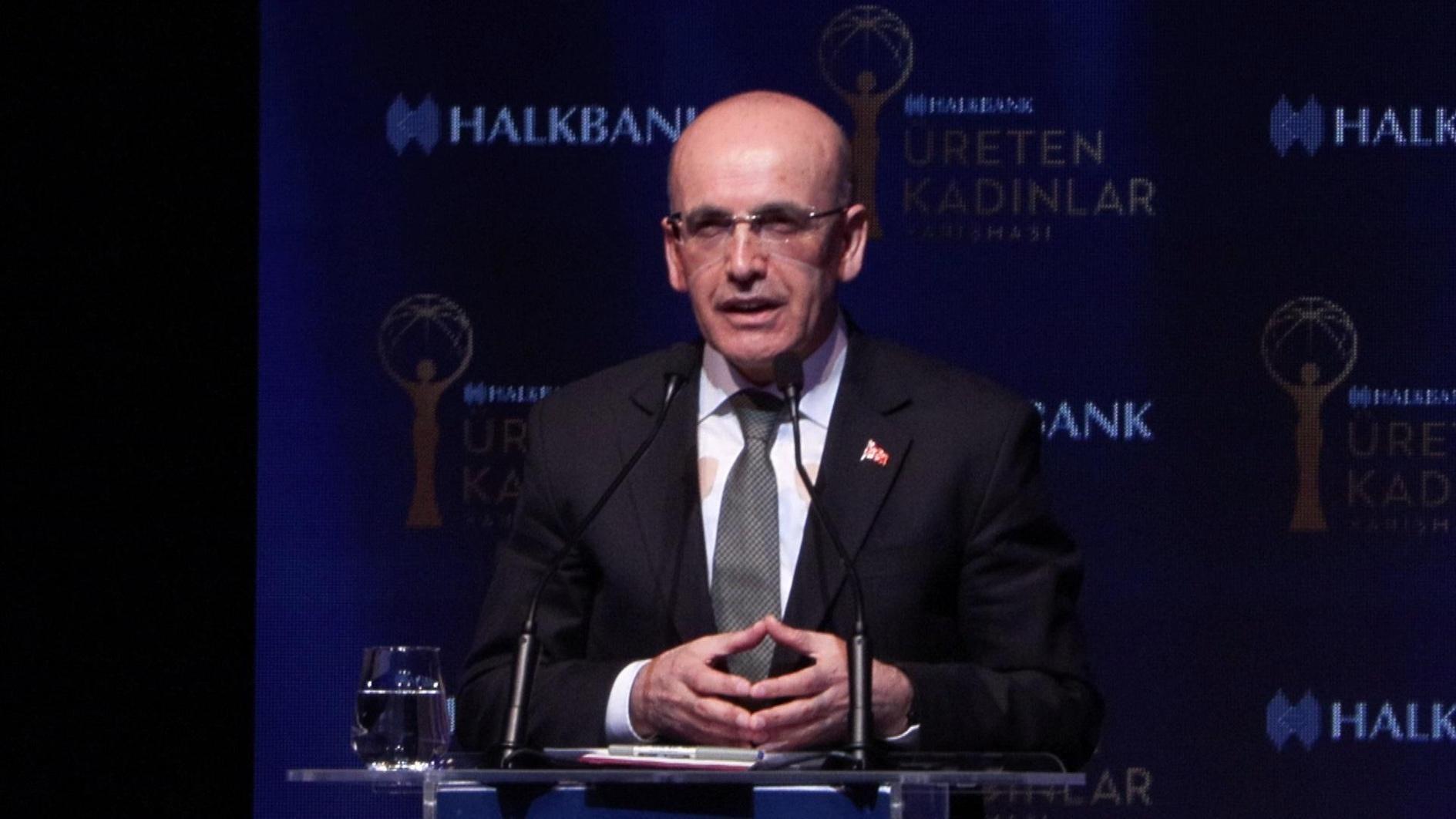An alliance failing to secure Turkish borders
A picture showing U.S. troops wearing the emblem of the People’s Protection Units (YPG), the armed wing of the Syrian Democratic Union Party (PYD), on their uniforms in a joint military action inside Syria has been regarded by Ankara as the straw that broke the camel’s back. Turkey expressed its disturbance with the move through diplomatic channels both in Washington D.C. and in Ankara, with President Recep Tayyip Erdoğan and other senior Turkish officials publicly lashing out at Turkey’s long-time ally.
Statements issued by Washington admitted that U.S. troops wearing the YPG’s insignia on their uniforms was not a right move. A U.S. official told the Hürriyet Daily News that “the special forces soldiers who wore YPG patches were doing so without authorization and they have been directed not to do so. The fact you had a male soldier wearing a female YPG unit patch shows how little appreciation he had for the action.”
This sour incident could well be forgotten, but it has already resurfaced an enduring disagreement between Turkey and the United States on the fight against the Islamic State of Iraq and the Levant (ISIL). Back in July last year, Turkey and the U.S. came to an agreement over the use of Turkey’s İncirlik Air Base by the latter’s air force, which also included the grounds on which the PYD could be given a role.
Concerned that the PYD could increase its legitimacy and influence in northern Syria, resulting in an autonomous Kurdish region just off its borders, Turkey has vowed not to allow the PYD to cross over to the Western side of the Euphrates and change the demographics of areas liberated from ISIL. As Turkey considers the PYD an offshoot of the outlawed Kurdistan Workers’ Party (PKK), it has also urged the Americans to not provide any weapons or military equipment to this group, fearing that they may be used against Turkey by the PKK.
Talks between Turkey and the U.S. have already turned into a dialogue of the deaf. The result is that the two parties are increasingly slamming each other in the open, with Deputy Prime Minister Numan Kurtulmuş calling on the U.S. to decide between Turkey and the PYD as its main ally. There is also growing suspicion on the Turkish side about the targets selected by the U.S. air operation into northern Syria, on the grounds that these military operations are being conducted with growing autonomy and without the knowledge of the Turkish army.
There are efforts to find a balanced way in the fight against ISIL that would on the one hand address Turkish concerns but on the other allow the PYD to continue playing a crucial role, as the Syrian Arab forces have not yet proven to be a viable option in the field.
For the U.S. one of the most important pieces of evidence on this is the fact that the ongoing operation to clear the Mare-Jarabulus line of jihadists and create a de facto secure zone could not be accomplished due to the incapacity of the Syrian Arab forces.
Turkey’s strong opposition to the role of the PYD and the U.S. not paying enough attention to Turkish sensitivities seem to be the main reasons for this impasse, which results in further delays in providing full protection of the Turkish border. Turkey and the U.S. have outlined pushing ISIL off the 98-kilometer strip of the Turkish border back in July but failed to do so in the last nine months.
This pushed Turkey to bring this issue to the agenda of NATO’s Warsaw Summit to be held in Poland on July 8 and 9 to draw the attention to the fact that this alliance is far from sealing a section of the border of an allied country.











